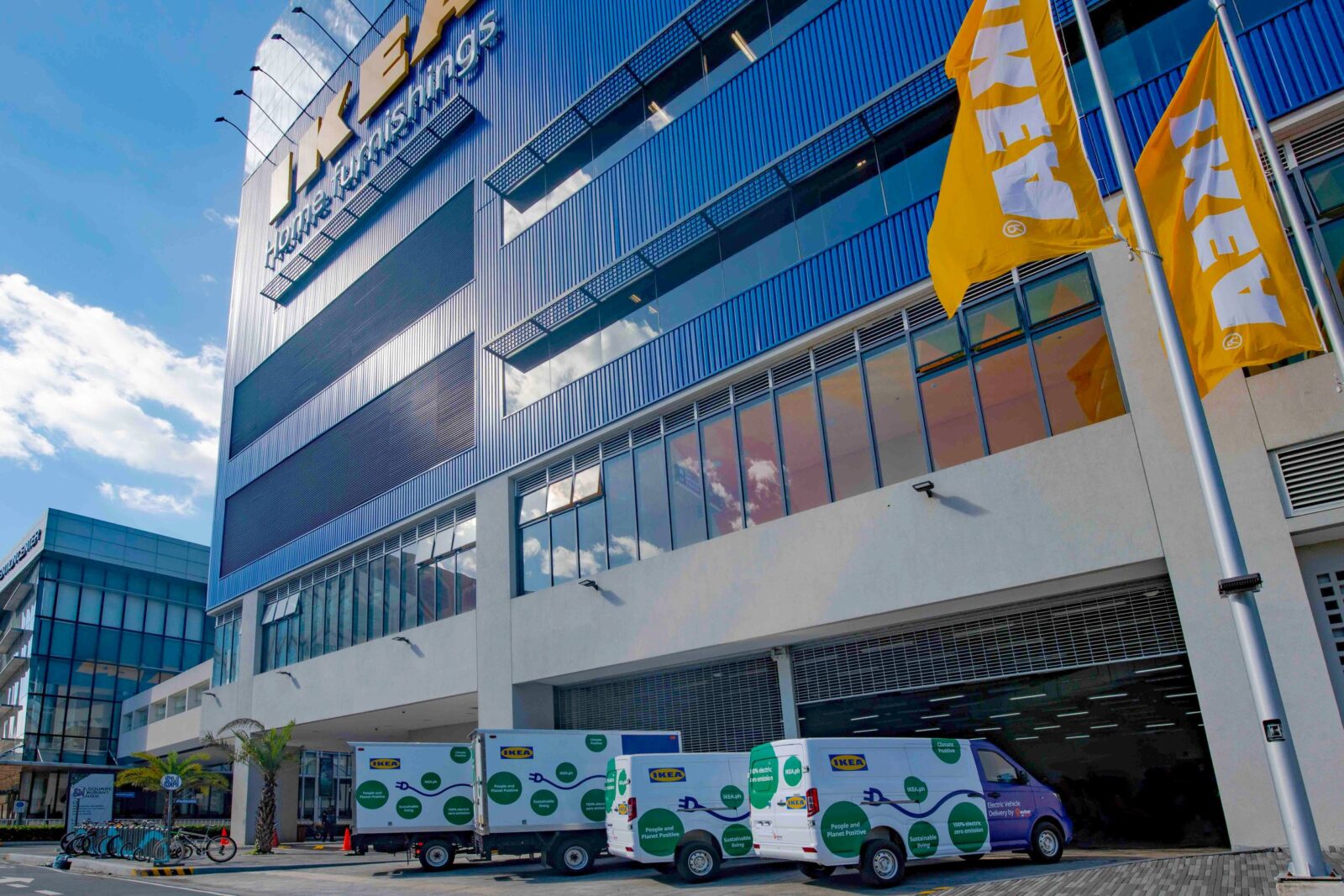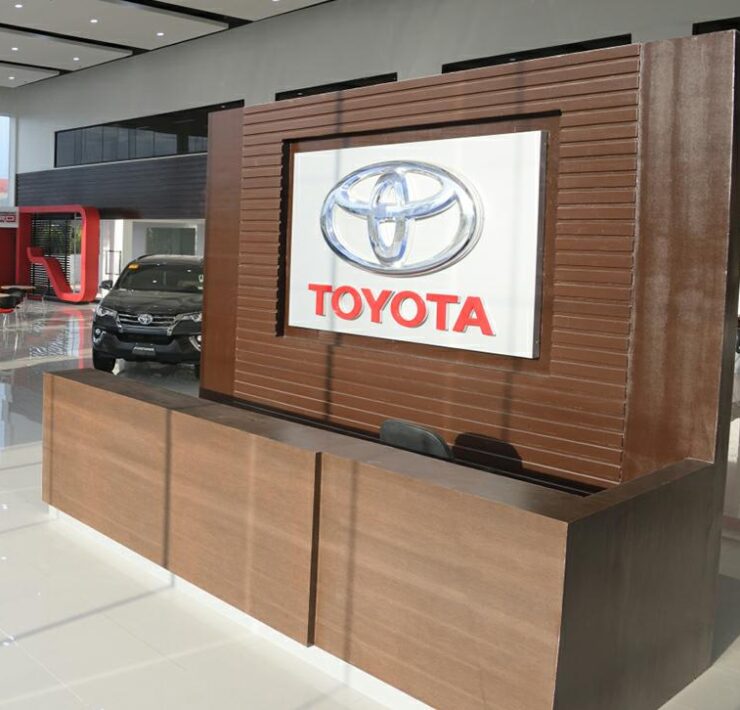Mober rolls out fully electric tractor head

Green logistics service provider Mober yet again beefed up its fleet with the acquisition of the country’s first-ever fully electric tractor head truck, which can haul an 18-ton payload.
In a statement on Friday, Mober said the electric vehicle (EV) can travel up to 220 kilometers on a single charge of its 282.6-kilowatt (kW) battery.
This battery can be fully charged in two hours using a 120-kW fast charging station.
“We’re thrilled to introduce the Philippines’ first 100-percent electric tractor head truck. This achievement underscores Mober’s unwavering dedication to transforming the logistics landscape with sustainable transport solutions,” Mober founder Dennis Ng said.
“This addition boosts our goal of expanding our EV fleet to 500 units by the end of the year,” he added.
Last-mile delivery
Buying the new tractor head is in line with the increasing demand for green last-mile delivery solutions from various industries, including retail and fast-moving consumer goods, according to Mober.
The company said that operating a fully electric fleet would contribute to reduction of carbon emissions and improvement in air quality.
Last December, Mober inked a financing deal with BDO Unibank for the purchase of 60 new EV trucks for its delivery services.
The purchase of additional units will bring Mober’s total fleet to 110 EVs.
The company has been ramping up efforts to become a big player in green logistics in Southeast Asia.
Mober, in fact, secured in 2023 a $6-million investment from the Southeast Asia Clean Energy Facility II (Seacef II), which is managed by Singapore-based fund manager Clime Capital.
Seacef II caters to businesses that promote clean energy and low-carbon solutions.
Last year, Mober was among the three Filipino companies included in Forbes Asia’s “100 to Watch” list, which recognized 100 outstanding startups that have shown significant impact in their respective industries and consistent financial growth in the Asia-Pacific region.





















